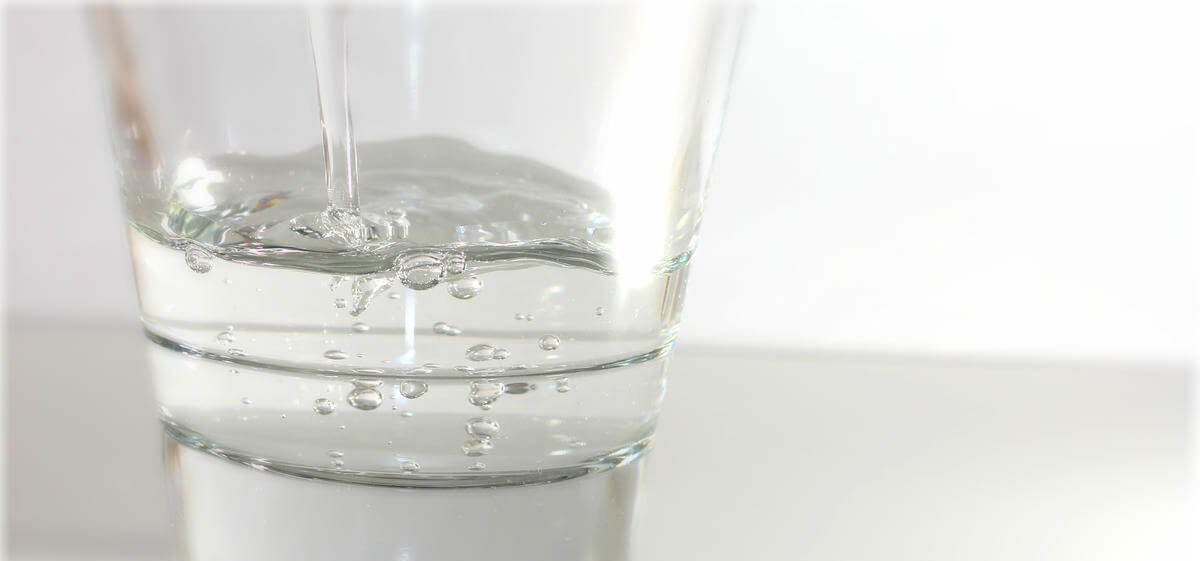Introduction
Did you know that 71 percent of the world’s surface and about 60 percent of the human body consists of water? We have all felt thirsty and experienced relief when we drink water. But why is water so important to the body and how does it impact our health? The importance of water in the human body is well documented as it can help flush out waste from the system, regulate body temperature and boost the function of the brain.

Here are more ways water can help improve your well-being.
Water helps excrete waste
Adequate consumption of water daily helps the body to remove waste via urination, perspiration, and defecation. Sweat helps to regulate body temperature when you are in warm areas.
Body organs such as liver and kidney need water to flush out waste from the system as well as the intestines. In addition to excreting waste, drinking water helps prevent the risk of constipation by softening your stools and helping the food to move through the intestinal tract.
Water regulates body temperature
Drinking enough water is important because it helps to maintain body temperature. Your body tends to lose a lot of water via sweat when you are in hot environments and during physical activity.
Sweating helps to keep your body cool but if you don’t hydrate yourself to replace the lost fluids; your body temperature will rise. The reason is that your body loses plasma and electrolytes when it is dehydrated. If you are sweating more than normal, drink enough water to avoid the risk of dehydration.
Water protects your spinal cord, tissues, and joints
Water is more important to your body than just excreting waste and regulating body temperature. When you drink water, it helps to moisten your body tissues. It doesn’t feel good when your nose, mouth, or eyes get dry. That is why you should stay hydrated so that you can retain optimum moisture levels in these body areas as well as blood, brain and the bones. In addition, water consumption helps to lubricate the joints and spinal cord.
This helps one to easily carry out their physical activity and reduce discomfort caused by medical conditions such as arthritis.
Water helps improve digestion
Unlike what some people believe, studies have shown that drinking water before, during and after eating helps to easily break down the food you consume. This aids in the digestion of food so that you can get the most out of the food you have eaten. Digestion starts in the mouth before the food you have eaten reaches the stomach. Amylase, which is a digestive enzyme found in the saliva, helps to break down liquid and carbohydrates found in the food.
Research shows that when you drink water, it helps the body to adapt to the food changes and contents in the stomach.
Water helps improve mood and cognitive function
Inadequate consumption of water can negatively affect your mood. Dehydration can also result in confusion and fatigue as well as anxiety. If you want to improve your mood, make sure you drink enough water. Research shows that if you don’t drink enough water, it can negatively affect your alertness, focus, and short term memory. Staying properly hydrated can help keep your cognitive function in top shape.
Conclusion
During the day, we are losing water through sweat, urine, and vapor in our breath. Because the body cannot store water, the water which is lost has to be replaced. Our body gets most of its water when we drink beverages but we can also get water when we eat food. To enjoy the above benefits of water, make sure you drink water when you are thirsty and during or before meals.